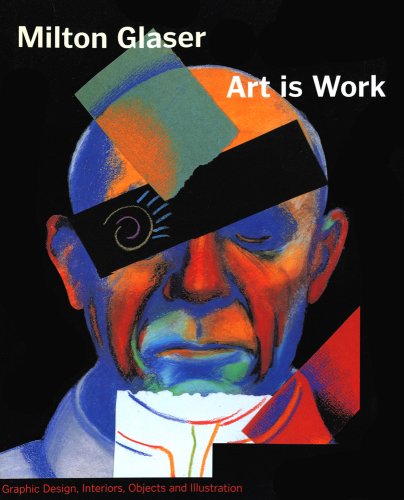New characters, a sizzling story arc. There's meat on the bone that makes you salivate for the keyboard. You write the first chapter and it's everything you thought it would be. Maybe more. And then you get to the second chapter and it's a little bland but still good. Third chapter, okay yeah, it's all right. Fourth chapter, you start thinking about another story.
There is no fifth chapter.

Starting a story is easy. The real work is in the middle. For all the romanticizing that goes along with story writing--the characters that talk to us, the story that writes itself, the universes that unfold in our heads--there's a lot of sweat equity left unsaid. Stories that grind to a halt, plots that suddenly unravel, characters that become dull, unlikable assholes. Several authors (including George R.R. Martin and Dorothy Parker) put it this way:
I don't like to write. I like to have been written.
There's no way around the fact that some of this shit takes heavy lifting. Some days the story drips from your fingers like butter. The next day you're Sisyphus. Maybe you'll get lucky and not suffer writer's block, you'll just dictate Mark Twain from beyond. Odds are, you're like the rest of us. That's the deal.

Dedicate yourself to write something, anything. Just write. Everyday, write something. Even if it's not your story, get the words out. You want to drop into the flow, even if its pouring from a sewer. Sometimes the blank page needs a slick layer of vomit to get started. Start writing, even if the mantra in the back of your head tell you,
This is shit.This is shit.This is shit.This is...okay, that's not bad. The rest is shit. But this is all right. I like this.
You'll never arrive at the end without climbing the mountains of trash. Expect to delete. Expect to slash and burn your way through the hubris, to mold that pile of shit into something workable, into a direction, an idea.
This is the gym of the word pimp. These are the days of sweat equity, of building the writer's muscle. It will develop the leather ass that bangs the keys for hours instead of minutes. Most importantly, it cultivates the storyteller compass.
This is the subtle instinct that develops in the gut, that little whisper that says, "Psst. Wrong way." Rather than pushing that boulder up the hill for days, you sense when it's time to stop, to turn around and look for another direction. You'll burn less words, you'll know when you've lost the flow and where to find it. But you won't get there without the mountain.
Outline. Develop. Write. That's my approach. When it falls apart--and it will, often--then go back to the beginning and outline, develop, write. That's the process. That's the climb.
When you're finished, step back and admire. You did that. Yes, you did. And maybe it's still a pile of shit, but that's your pile. And you ain't going anywhere without it. Send it out to the world, see what comes back. Maybe no one loves it but you. Maybe harsh criticism opens your eyes. Then go back, put your feet in the blocks and start again. Enjoy that shit all the way to the end.
Because that's the deal.
To be continued...
THE BERTAUSKI STARTER LIBRARY is FREE!
Get 3 full-length novels and 1 novella.












